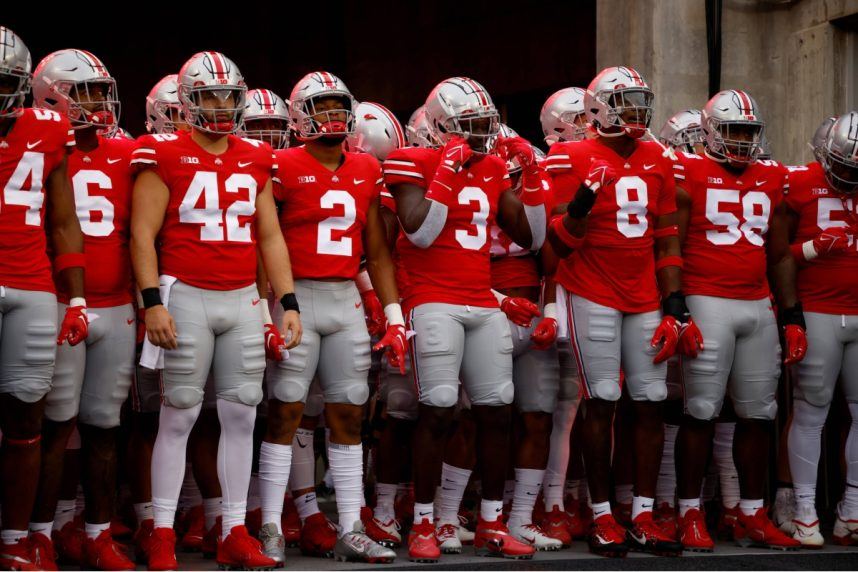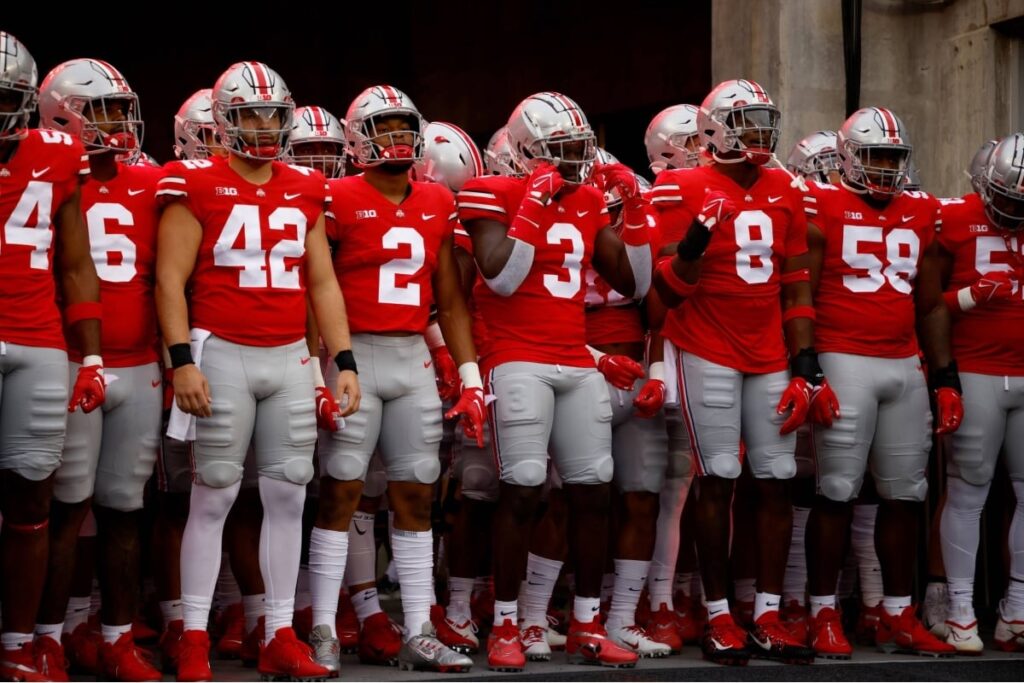Posted on: February 24, 2024, 12:41h.
Last updated on: February 24, 2024, 12:41h.
Officials at the Ohio Casino Control Commission (OCCC) have amended their regulations on sports betting to prohibit sportsbooks from continuing to offer player prop bets involving college athletes.

On the request of Gov. Mike DeWine (R) and the NCAA, the state gaming regulator concluded that banning wagers on a college athlete’s performance will reduce incidences of students being harassed by bettors unhappy with their play.
I have determined that good cause supports the NCAA’s request to prohibit player-specific bets because this request will safeguard the integrity of sports gaming and will be in the best interests of the public,” said Matthew Schuler, the executive director of the Ohio Casino Control Commission.
The OCCC has given its physical and online sportsbooks just a week to remove player props from their boards. Such bets will become prohibited effective March 1.
Sportsbooks that continue to offer odds like how many points an Ohio State University basketball player will score after March 1 will face regulatory fines and penalties.
NCAA Celebrates Decision
Charlie Baker, the president of the NCAA and a former Massachusetts governor who signed the state’s sports betting bill into law, says player props have caused student-athletes much distress online. College athletes have reported receiving threats on social media and have faced heckling and even physical abuse in person.
Baker thanked the OCCC for removing player props involving college athletes.
“Today’s decision by the Ohio Casino Control Commission to prohibit player-specific prop bets on collegiate competitions marks a significant step in the protection of student-athlete well-being and game integrity,” Baker said in a statement. “I thank the commission for recognizing the serious threats posed by prop bets and implementing controls to help safeguard student-athlete mental health from the risks of sports betting harassment and abuse.”
With Ohio eliminating college player props, just five states — Kansas, Louisiana, Maryland, Michigan, and Wyoming — and DC allow the wagers.
The OCCC said its regulated sportsbooks took about $104.6 million in NCAA player props last year. That represented less than 1.5% of the overall money wagered.
Ohio sportsbooks can still offer college team props, with one example being how many assists a team might make during a basketball game.
Offshore Concerns
Ohio sportsbooks opposed banning college player props. The operators claimed such a regulatory prohibition would entice bettors seeking to make those bets to offshore sportsbooks. Such online betting sites are not regulated, as they operate illegally and are not accountable for complying with Ohio law.
Schuler wasn’t convinced bettors who have made college player props would move to offshore sportsbooks as a result of the change.
The contention by the sports gaming operators that an outright ban on player-specific prop bets on the performance of college athletes will drive those bettors in that market to wager with illegal operators suffers from a faulty assumption,” the OCCC lead wrote.
“The operators are assuming that all those in the market to make these bets will go to illegal operators or bookmakers to place bets if the NCAA’s request is approved. The operators failed to provide any factual basis to support this assumption,” Schuler added.



